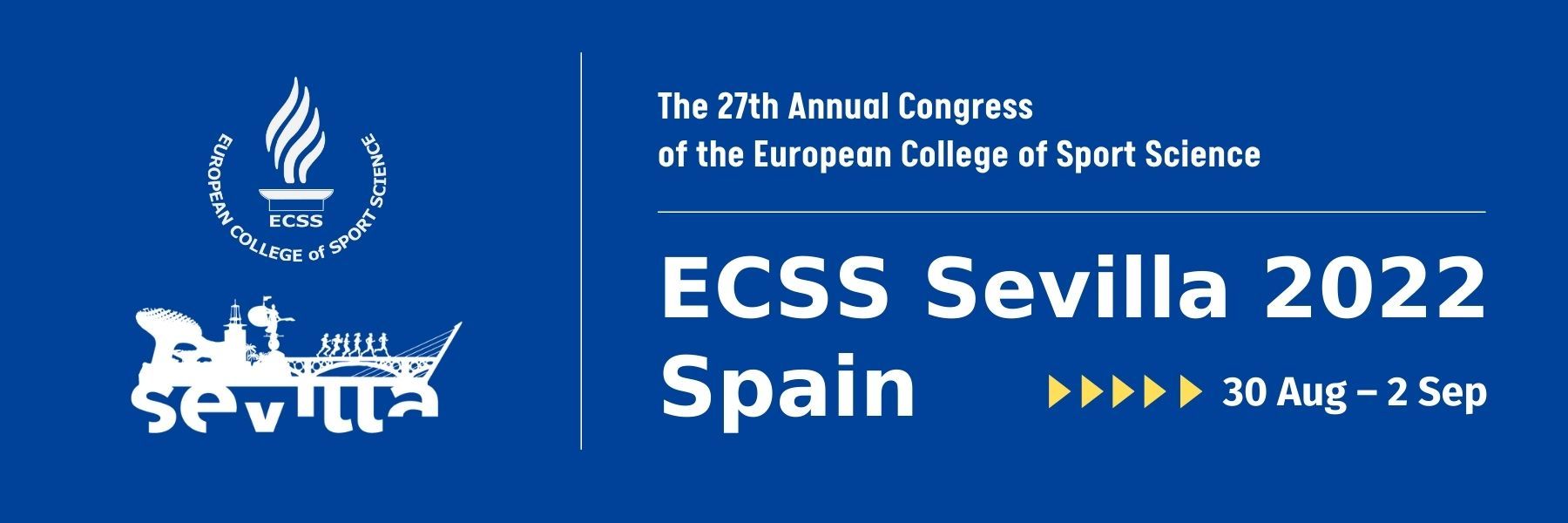Scientific Programme
Psychology, Social Sciences & Humanities
OP-SH01 - Athlete Psychology
Date: 01.07.2025, Time: 12:00 - 13:15, Session Room: Ponte
Description
Chair
TBA
TBA
TBA
ECSS Paris 2023: OP-SH01
Speaker A
TBA
TBA
TBA
"TBA"
TBA
Read CV TBA
ECSS Paris 2023: OP-SH01
Speaker B
TBA
TBA
TBA
"TBA"
TBA
Read CV TBA
ECSS Paris 2023: OP-SH01
Speaker C
TBA
TBA
TBA
"TBA"
TBA
Read CV TBA
ECSS Paris 2023: OP-SH01

